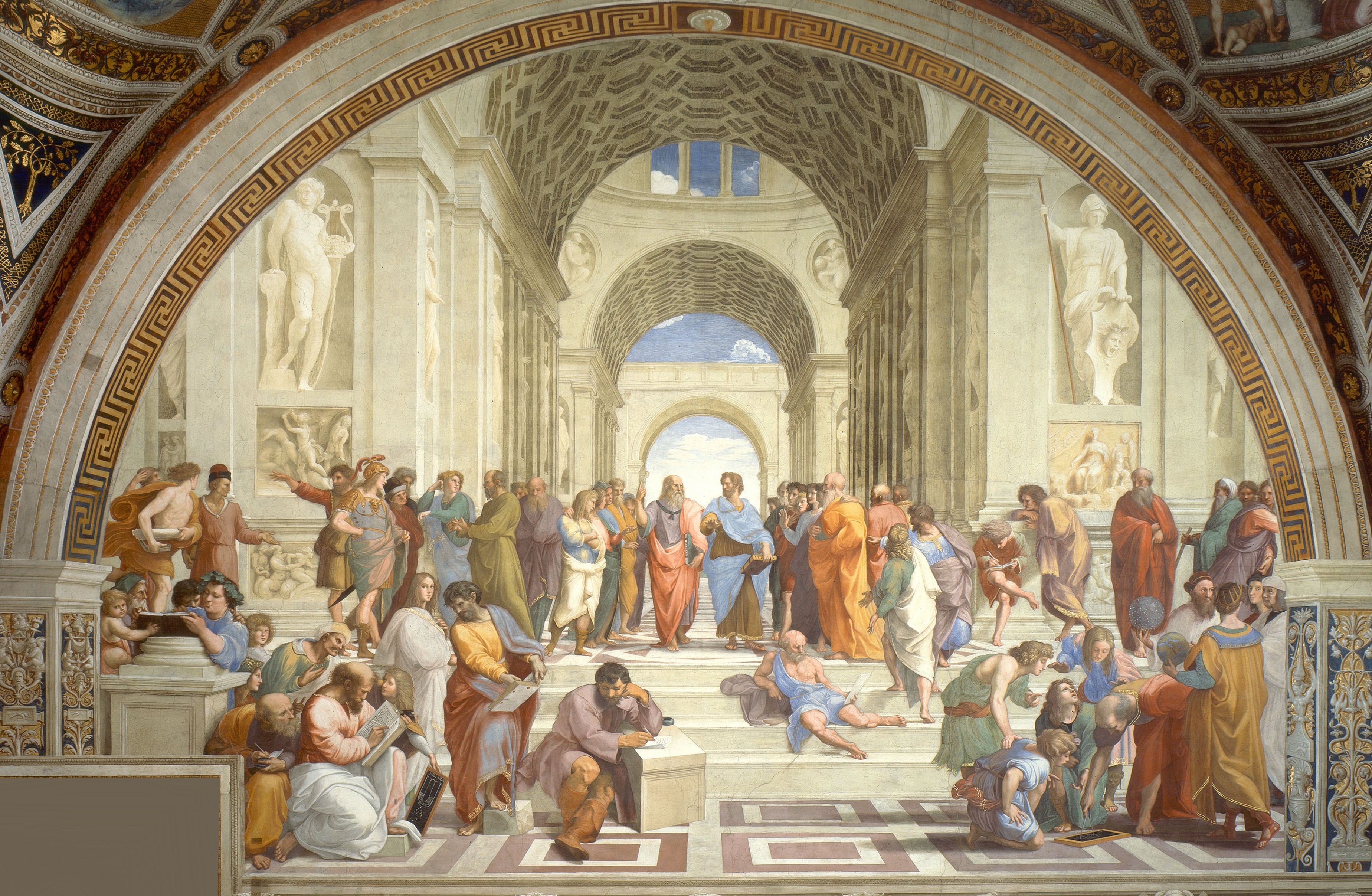GRK 101 Course Description:
GRK 101 Introduces ancient Greek (both classical and biblical), including the reading of simple literary texts. It is cross-listed with REL 111 and continues as GRK 102/REL 112 in the spring semester. GRK 101 is a 4-credit course that meets MWF at 1:00 and fulfills the Illinois language requirement. You can find a full list of GRK courses offered by the Department of the Classics in the Course Catalog.
Short selections from the following authors and texts are regularly read in Elementary Greek.
Epictetus – A stoic philosopher who was enslaved as a child but later regained his freedom and taught philosophy to powerful politicians; his Discourses examine the relationship of freedom and authority in a civil society.
Epicurus – Founder of the Epicurean branch of philosophy; he tried to free people from their fear of death and teach them to live happy lives.
Heraclitus – A ‘pre-Socratic’ philosopher interested in the nature of reality and human life.
Homer – Author of the Iliad and Odyssey, the two earliest surviving works of European literature. We have often read from the Odyssey.
Gospel according to John – One of the central texts of Christianity and a good example of the influence of Greek philosophy on early Christian thought.
Plato – One of the giants of European philosophy and a student of the famous Socrates. Plato wrote many things, but Elementary Greek has often read his account of Socrates’ education.
Lucian – Author of Syrian origin who wrote a series of comic texts.
Marcus Aurelius – Roman emperor who wrote philosophy in Greek; we read extracts from his personal diary.
Plutarch – Biographer and a primary source for many parts of Greek history; also a great story teller! We have read many of his adventurous tales of warfare and palace intrigue.
Polyaenus – Author of a handbook of military anecdotes; we have often read from the section of his work devoted to women warriors.
Simonides – Early Greek poet and inventor of the ‘memory palace’ mnemonic device. We read from his elegies on the Persian Wars.
Thucydides – Historian of the Peloponnesian War, sometimes considered the founder of political science.
